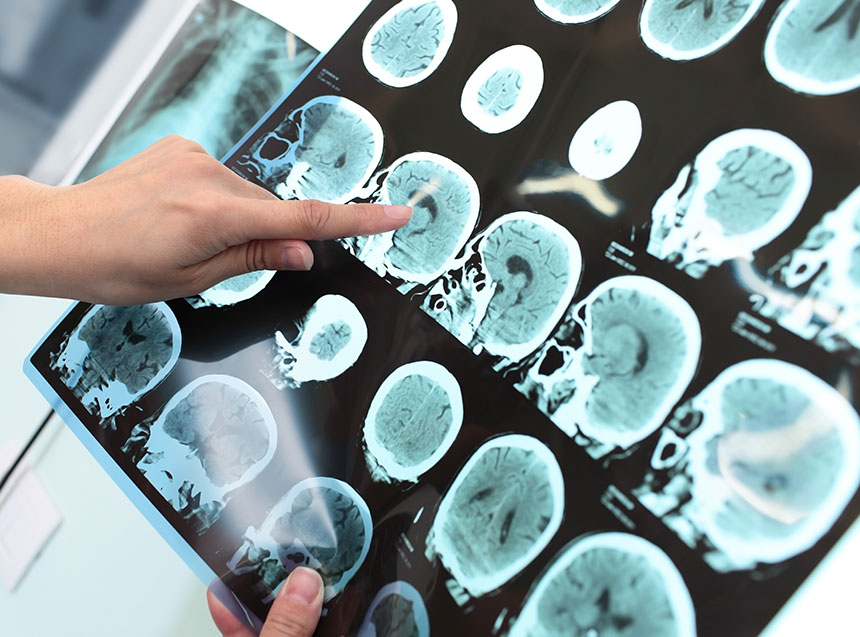Metabolic basis for changes leading to Alzheimer’s disease identified
Amyloid plaques and tau (or neurofibrillary tangles) are the typical pathological lesions present in the shrinking brains of patients affected by Alzheimer’s disease. These pathological changes can be observed under a microscope, but the severity of the changes varies throughout the brain. A recent study by Xu et al. (Scientific Reports, 9th June 2016) investigated [...]





